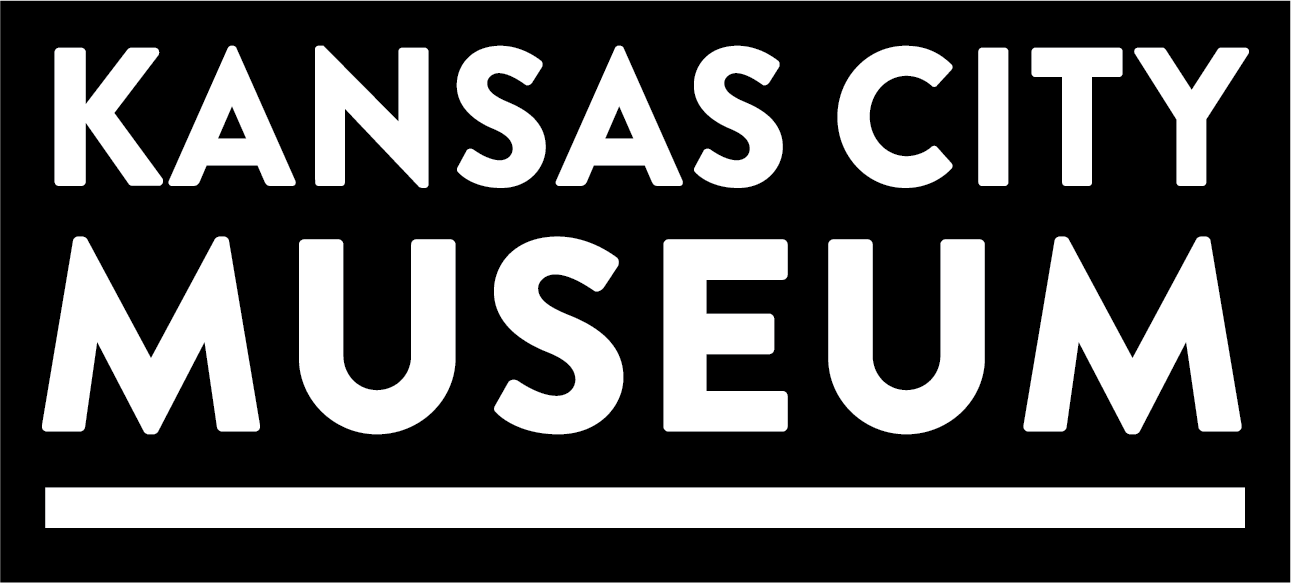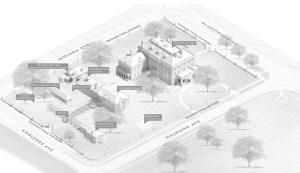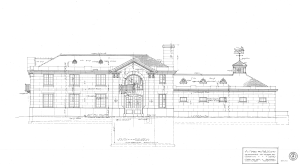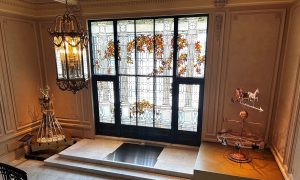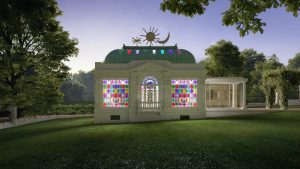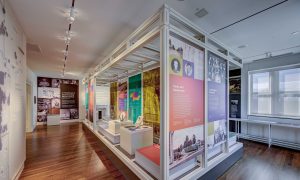Genovevo (Gene T.) Teodoro Chávez Ortiz, Ed.D., Historian in Residence
Dr. Chávez is an independent community archivist and historian who also serves as a Historian in Residence at the Kansas City Museum. His family roots are in Northern New Mexico and Southern Colorado. He gained his love of history and culture from the childhood trips that his family took throughout the Southwest visiting relatives who lived in places like Trinidad, Colorado, Raton, Watrous, Golondrinas, Mora, Las Vegas, and Santa Fe, New Mexico. Later, Arizona and California were added to places his family would visit. He became intrigued with the diversity of cultures that co-existed.
Dr. Chávez first moved to Overland Park, Kansas in 1962 to attend Kansas Christian College (KCC) where he majored in Sociology and Religion. He married and transferred to Northeast Missouri State University (now Truman State University) and graduated in 1966 with a B.S. Ed., Spanish Major. He returned to KCC in 1966 to teach Spanish language and literature. In 1976 he completed his M.A. in Cross-cultural Counseling at Arizona State University (ASU). In 1985 he completed the Doctor of Education degree in Social and Cultural Foundations of Education at ASU.
Dr. Chávez has been fascinated with the cultural connections between Kansas City and the Latino world, especially the two-way nature of the Santa Fe Trail. He has studied the cultural relationships that developed when Anglo, German, and European immigrants moved West along the trail and Hispanics came East by the same route.
Dr. Chávez has conducted lectures for the Humanities Kansas and Missouri, the Wyandotte County Historical Society and Museum, the Mid-Continent Public Libraries, and many other historical societies and libraries in Kansas and Missouri.
Known for documenting the life experiences of Mexican and other immigrants in the Midwest, Dr. Chávez has led an oral history collecting initiative for the Kansas City Museum and contributed to the Kansas City Public Library ‘s Digital Encyclopedia Project to create a Kansas City oral histories web portal.
In 1992, Dr. Chávez completed an oral history project funded by the Kansas Humanities Council, entitled, “Voices of the Past, Mexican Americans Tell Their Stories.” The project included thirteen interviews with members of the 1951 Flood Survivor Organization. The organizations is made up of second-generation Mexican Americans who were displaced by the devastating flood that struck Argentine, Armourdale, Rosedale, and the West Bottoms on July 13, 1951. That project led to the collection of other oral histories, the Lupe M. González Orchestra Exhibit at the Kansas City Museum, and the documentation of the life experiences of Mexican immigrants to Kansas and Missouri.
In 2016, Dr. Chávez led a Mexican American Baseball collecting initiative for the Smithsonian’s National Museum of American History (NMAH) at the Kansas City Museum that culminated in a several exhibits at NMAH entitled Pleibol! In the Barrios and the Big Leagues, a Smithsonian SITES traveling exhibit by the same name, and an exhibition at the National Negro Leagues Museum. He was a co-author of Mexican American Baseball in Kansas City, published in 2018 by Arcadia Press. Additionally, he has produced various documentary short films about Mexican American Fastpitch Softball in the Midwest, the 40-Year History of the Hispanic Chamber of Commerce of Greater Kansas City, the 40-Year History of El Centro, Inc., and continues to conduct oral history interviews for the Kansas City Museum’s Oral Histories Project. During the planning and design of the historical exhibit at the new Kansas City International, he worked with the Dimensional Innovations design team to include the history of the indigenous people and the formerly enslaved people of Platte County. The exhibit debuted February 28, 2023.
Dr. Chávez has worked with the Kansas City Museum since 2013 and is committed to telling the “whole” truth about history using restorative practices methodology.
